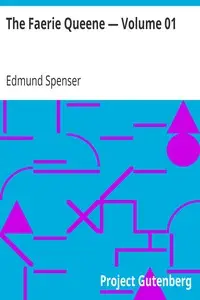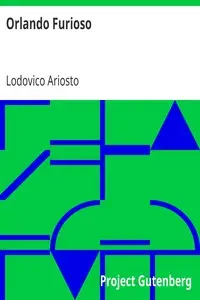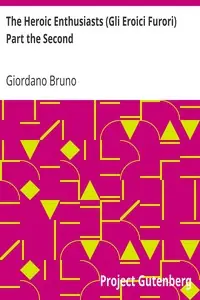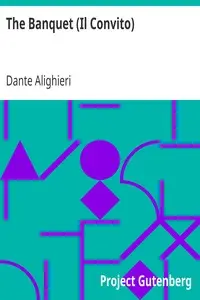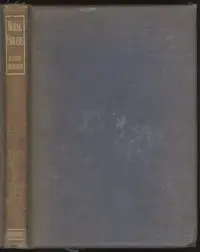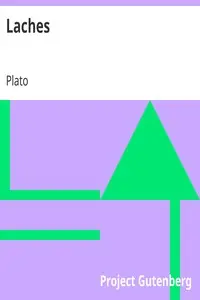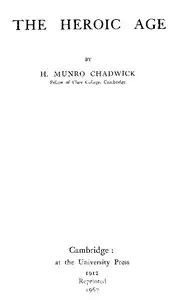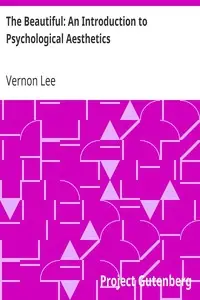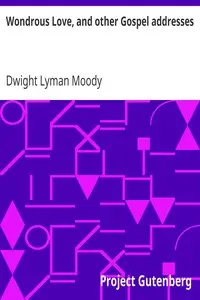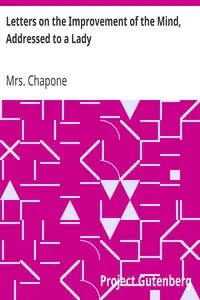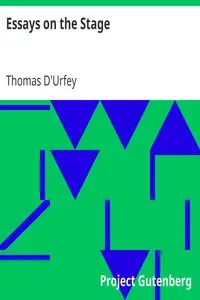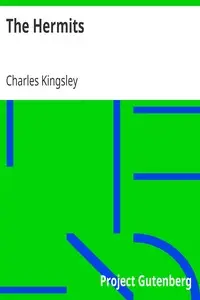"The Heroic Enthusiasts (Gli Eroici Furori) Part the First" by Giordano Bruno is an ethical poem from the Renaissance that grapples with big ideas about what it means to be truly heroic. It suggests that real heroism comes not from fighting battles, but from having the courage to think deeply and search for spiritual understanding. The story starts with a conversation between two characters, Tansillo and Cicada, who are trying to figure out what makes poetry real and meaningful, instead of just empty words. These characters consider love, with all its pain and pleasure, showing how difficult but also how rewarding it can be to chase after knowledge and try to rise above our basic desires. The poem is designed to make the reader think about the push and pull of our emotions and how those emotions relate to our bigger search for meaning in ourselves and the world around us.
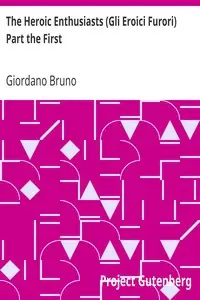
The Heroic Enthusiasts (Gli Eroici Furori) Part the First An Ethical Poem
By Giordano Bruno
In a world of big ideas, characters discover that the toughest battles are fought not with swords, but with the heart and mind in a quest for true understanding and meaning.
Summary
About the AuthorGiordano Bruno was an Italian philosopher, poet, alchemist, astrologer, cosmological theorist, and esotericist. He is known for his cosmological theories, which conceptually extended to include the then-novel Copernican model. He practiced Hermeticism and gave a mystical stance to exploring the universe. He proposed that the stars were distant suns surrounded by their own planets (exoplanets), and he raised the possibility that these planets might foster life of their own, a cosmological position known as cosmic pluralism. He also insisted that the universe is infinite and could have no center.
Giordano Bruno was an Italian philosopher, poet, alchemist, astrologer, cosmological theorist, and esotericist. He is known for his cosmological theories, which conceptually extended to include the then-novel Copernican model. He practiced Hermeticism and gave a mystical stance to exploring the universe. He proposed that the stars were distant suns surrounded by their own planets (exoplanets), and he raised the possibility that these planets might foster life of their own, a cosmological position known as cosmic pluralism. He also insisted that the universe is infinite and could have no center.

